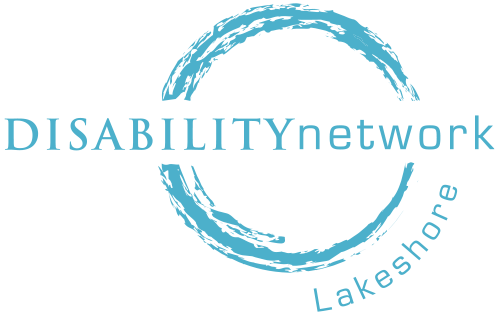The Philosophy of Independent Living
Defining the philosophy of independent living isn’t all that difficult. Simply put, it means that even with a disability we want to be able to make choices about the things we believe are important. We are the ones living our lives and coping with our disabilities. We are the experts on what we need and what we are capable of doing.
Unfortunately, when you are disabled, you may find that your choices are limited by physical or societal barriers. These barriers may be obvious, such as the absence of ramped entrances for people who use wheelchairs, a lack of interpreters or captioning for people that can’t hear, or a lack of Braille or taped copies of printed materials for people who have visual impairments.
There are other barriers too – frequently less obvious – that can make it even more difficult for those with a disability to live independently. These barriers are caused by people’s misunderstandings and prejudices about disability. They result in low expectations about things people with disabilities can do.
Independent living should not merely be defined in terms of living on one’s own, being employed in a job fitting one’s capabilities and interests, or having an active social life. Independent living has to do with self-determination. It is having the right and the opportunity to pursue a course of action. And, it is having the freedom to fail and to learn from one’s failures just as non-disabled people do.
The philosophy of independent living means everyone has something to contribute. We all have things we excel at and things we don’t do so well. We are all located somewhere on the same continuum. Those of us with disabilities bring knowledge of survival to the community, and we are willing to share that knowledge with others. We accept each other as we are. We grow from our experiences, we learn new ways of achieving and new ways of looking at life. That makes everyone stronger!

